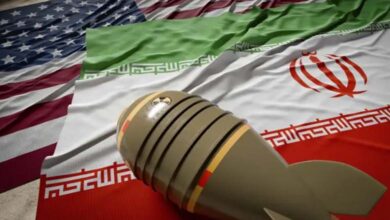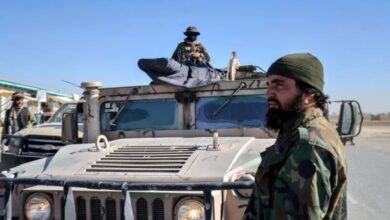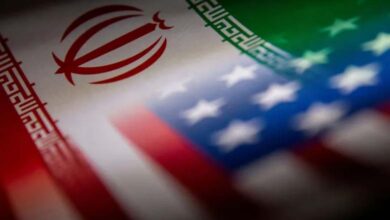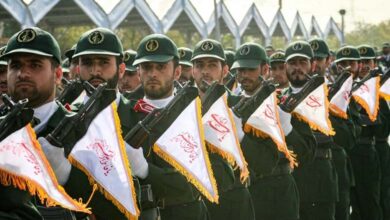European government actions to curb the activities of the extremist organizations

Several efforts by European governments to curb the activities of terrorist and extremist groups, led by the Muslim Brotherhood, coinciding with unprecedented moves against the activity of the terrorist group in Europe, which intensified after the adoption of the European Union Anti-Terrorism and Extremism Law with new mechanisms.
In continuation of the many actions led by European governments against the Muslim Brotherhood and terrorist groups on their territory, through campaigns and raids against mosques, organizations and centers affiliated with political Islamist movements, and the issuance of many recommendations and legislation in order to undermine the current. These legislations have helped eliminate these types of activities, especially when it comes to collecting donations within community organizations, such as Islamic centers in the Old Continent countries.
Danger of the Brotherhood in France
A study by the French Center for Research and Strategic Studies revealed that Europe is currently working to confront the dangers of “political Islam”, which spread strongly with the spread of Brotherhood institutions in Europe, after the terrorist bombings that swept Europe, and especially France.
The study added: Many conferences have highlighted these institutions and their support for extremist ideology, such as the conference “Qatari investments in Europe between politics and terrorism – France as a model” held in Paris, he explained, “There are 242 Brotherhood associations funded by Qatar in France only, on the pretext of helping French Muslims, but in reality they aim to spread extremist thought and present the Brotherhood to the West as a religious group that accepts to work on the principles of democracy, despite the existence of Brotherhood documents that prove the group’s rejection of the French secular model”.
The study pointed out that France sought a four-point plan to limit the impact of the threats, the first of which was the liberation of mosques and schools from foreign influences, the gradual elimination of the envoys imams, at the same time the increase of the number of trained imams in France, in addition to monitoring financial donations, through the association “Islamic Association of Islam in France, in addition to following up digital content in light of the developments and risks facing the country, and this is considered among the most important tactics in pursuing the dangers of terrorism.
Confronting the Brotherhood in Europe
A report by the Maat Group revealed that there are many fears in Europe of the activities of the Muslim Brotherhood terrorist group, which results in the emergence of a new generation of young members of the terrorist group, through various organizations and institutions in many European countries.
It explained that the Brotherhood’s terrorist ideology has become a great danger to the West, especially Europe, amid calls to shed light on the danger of this octopus, which is spreading in different ways. Despite the state of restriction carried out by many Western countries, it still moves in different forms through suspicious organizations.
Another report also revealed by the Maat Group Foundation that the dangers of political Islam are increasing in Germany by exploiting freedoms and the law not only to achieve legitimate political goals, but also to pave the way for the complete reformation of the European society in accordance with the fundamentals determined by extremist ideology. Groups supported by the currents of political Islam are getting closer to the ruling circles in European countries.
The report said that Islamic associations, institutions and centers close to the Muslim Brotherhood organization are significantly attracting refugees to recruit and frame refugees with Brotherhood ideology. Security agencies in many countries have launched attacks on associations and mosques affiliated with the Brotherhood and terrorists to undermine their movements and freeze all their activities.












